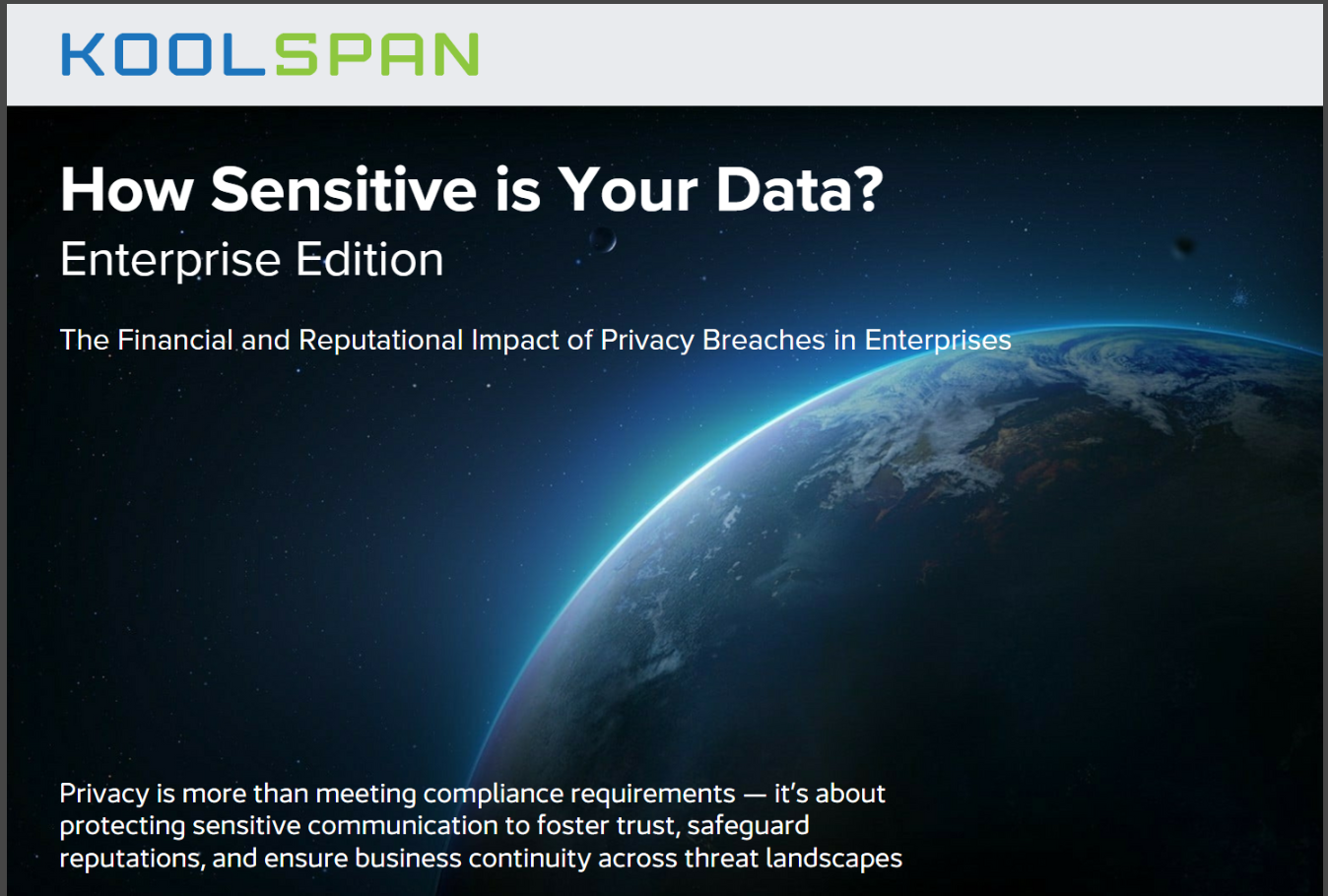The recent scandal involving Andrew Gwynne, a UK Labour Party minister who was dismissed over leaked WhatsApp messages, serves as a powerful reminder of the hidden dangers of unsecured messaging in both politics and business.
However, Gwynne is far from an isolated example. Across the globe, incidents involving leaks and unsecured communications are regularly making headlines, highlighting the immense risks for individuals and businesses when sensitive information falls into the wrong hands.
Political fallout: Leaked messages and public trust
In the United States, the infamous 2016 email scandal involving former Secretary of State Hillary Clinton illustrated how private conversations can have significant consequences when they are exposed to the public. Though not a direct leak of messages, the unauthorised access to Clinton's private server highlighted the vulnerabilities of unsecured digital communication in political and business settings.
The fallout had lasting impacts on her campaign and the public trust in her ability to handle sensitive matters, not to mention the legal implications that followed.
Corporate communication risks: Leaks in the boardroom
Across Europe, a similar pattern emerges. In 2020, a high-profile case revealed how a private WhatsApp conversation between senior executives of a major bank inadvertently exposed key strategic plans.
The leaked messages sparked a wave of market speculation and prompted an internal investigation that, while not leading to immediate legal consequences, severely damaged the company's reputation and led to a loss of investor confidence. This case was a glaring reminder of how internal communications can become a potential liability, especially in industries where confidentiality is paramount.
The cost of leaks in high-stakes negotiations
These examples serve as a sobering illustration of how a single misstep can affect the people involved and the broader business landscape. The risks are even greater for enterprises engaged in sensitive commercial negotiations, such as mergers and acquisitions. Leaked information - whether it’s personal views, corporate strategy, or confidential financial details - can cause deals to collapse, disrupt market stability, and even result in significant financial losses.
When a leak could destroy months or years of negotiation
In mergers and acquisitions, where parties are already on edge, a single leak could change the trajectory of months or even years of hard-fought negotiations. For example, an inadvertent revelation of a company’s financial status could lead to a loss in valuation, alter stock prices, or cause a competitor to swoop in with a rival bid.
Moreover, such leaks can trigger regulatory scrutiny, leading to legal complications that can drag on for years, further damaging a company’s standing in the market.
Tech industry vulnerabilities: A single slip can cost everything
The dangers are not limited to the political or corporate world either. In the tech industry, where intellectual property and market strategy are closely guarded, even a small slip of sensitive information can lead to a cascade of unintended consequences. A leaked memo or message could give competitors an edge, lead to product delays, or, worse, undermine a company’s entire competitive advantage.
The urgent need for secure communication
The need for secure communication channels has never been more pressing. The examples of Gwynne, Clinton, and others should serve as a wake-up call to businesses across all sectors: the cost of a leaked message is far greater than most are willing to acknowledge.
In today’s digital age, protecting sensitive conversations is not just a matter of privacy; it’s about ensuring the integrity of business operations and maintaining trust.
Securing your conversations: A critical business necessity
When engaging in high-stakes negotiations or managing sensitive data, businesses must implement robust, secure systems that safeguard their conversations from prying eyes.
Without the right protections in place, the risks are simply too high. When instant communication is the order of the day, the consequences of a single leak could be catastrophic — not only for individuals but for entire companies and even markets.
A higher standard of protection for critical business interests
This is not a message aimed at businesses simply looking to meet the usual compliance requirements or safeguard data for standard operational needs. It is for those who understand that failing to protect the business from unsecured communication could have far-reaching consequences and where the stakes are so high that a single leak can compromise not just data, but business deals, market stability, and long-term trust.
For these organisations, the cost of inaction is simply too great to ignore. The security of communications isn't just about avoiding risk — it's about safeguarding the future of the business.
How sensitive is your data?
Privacy is more than meeting compliance requirements — it’s about protecting sensitive communication to foster trust, safeguard reputations, and ensure business continuity across threat landscapes.
This new eBook from Koolspan gives you all you need to know about the financial and reputational impact of privacy breaches in enterprises.
More in KoolSpan
What it means to truly control access.
Why highly secret situations need more than standard cybersecurity.
Why People-Driven Mistakes Are a Serious Matter
Securing data beyond the basics.
Some of the biggest threats to your organisation’s sensitive data come from within.
Threats don't just come from the outside.
Protect your data in KoolSpan Trust Circles
Who's our leak?
Could it be you in the team working on a sensitive business project
Why privacy should be everyone's concern.
Share this story















